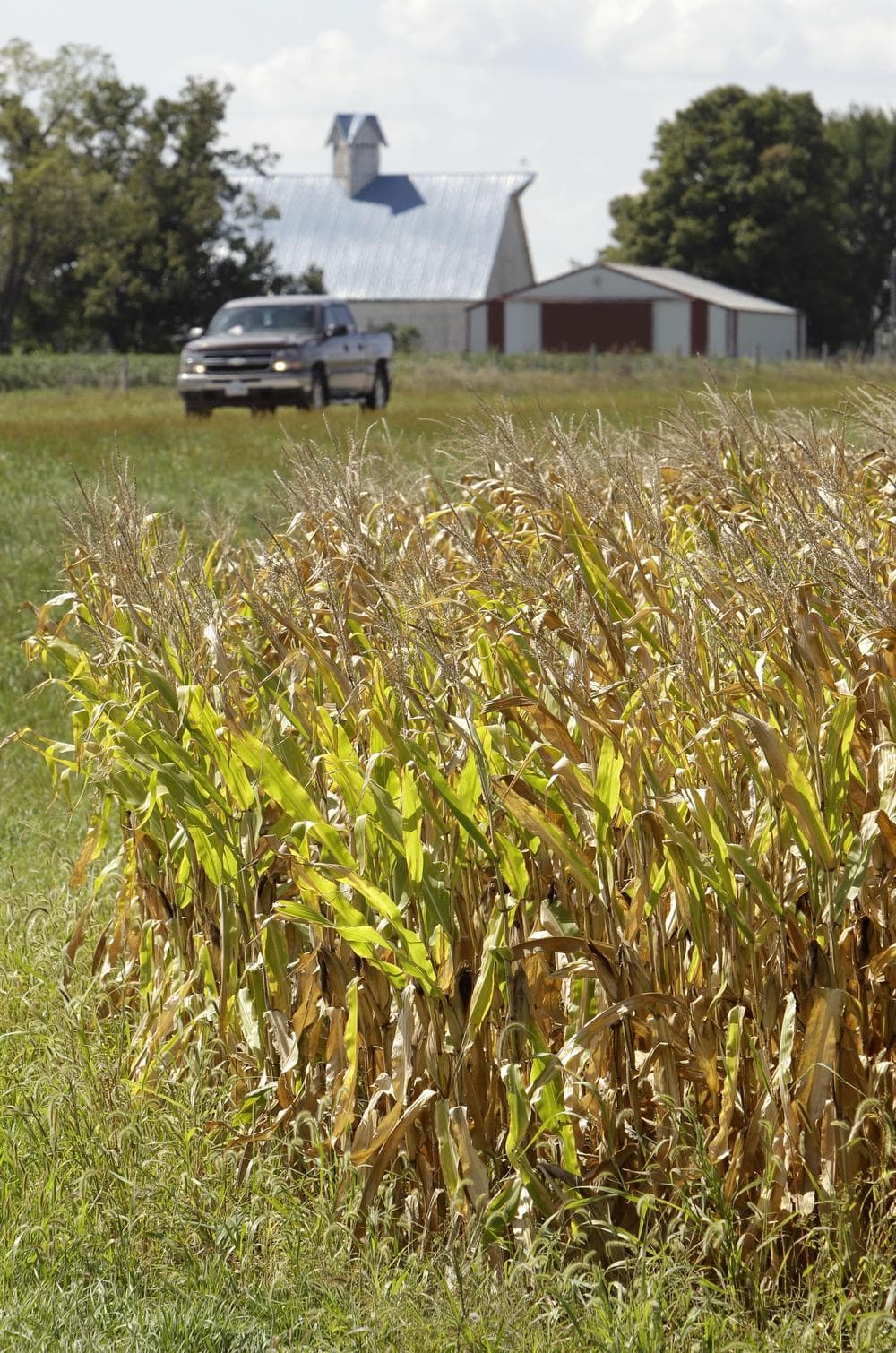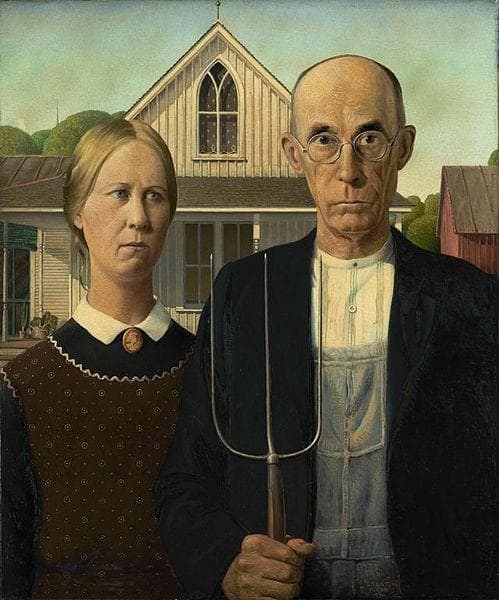Advertisement
One Man's Observations Of Life In Iowa
Resume
Stephen Bloom calls Iowa home and he says there's a lot he likes about the state.
He is a professor of journalism at the University of Iowa and he has written several books about the state, including The Oxford Project, which chronicled the lives of residents of the small town of Oxford, Iowa.
But as Iowa voters go to caucus next week, Bloom is asking this question: Should Iowa be the first state in the nation to weigh in on the presidential race?
In a provocative article in the Atlantic Magazine, he describes a state with major economic issues, a state which has few jobs to offer his students, a state with a very high suicide rate.
He says that "insular Iowa" is not representative of the country-- it is 91 percent white, uniformly Christian, with an unusually high number of hunters.
He writes:
Iowa's not representative of much... Still, thanks to a host of nonsensical political precedents, whoever wins the Iowa Caucuses in January will very likely have a 50 percent chance of being elected president 11 months later. Go figure.
Bloom says there are two Iowas, the idealized version and the "heartbreaking real version," full of "laid-off rural factory workers, farmers who have lost their land to banks and agribusiness."
He continues:
The bulk of jobs here are low-income ones most Iowans don't want. Many have simply packed up and left the state (which helps keep the unemployment rate statewide low). Those who stay in rural Iowa are often the elderly waiting to die, those too timid (or lacking in educated) to peer around the bend for better opportunities, an assortment of waste-toids and meth addicts with pale skin and rotted teeth, or those who quixotically believe, like Little Orphan Annie, that "The sun'll come out tomorrow."
Bloom has received death rates as a result of his Atlantic article.
He has also been criticized by colleagues. In the Cedar Rapids Gazette, professors Stephen Berry, Frank Durham, Meenakshi Gigi Durham and Judy Polumbaum write "We do not believe... good journalism entails scathing attacks on powerless people."

An Alternate Point Of View
But Bloom says that he is offering another point of view in a state where there haven't been alternatives.
"I felt for ... my two decades in Iowa there was a story that wasn't being told, the opposite of the field of dreams. It wasn't the booster story that Iowans and many people liked to believe," he said.
Bloom says the goal of his article was to make people think.
"I had hoped that people might shake their head, but they also might listen," he said.
'Booster Journalism'
Bloom says that many Iowa media outlets are hesitant to debate the state's large role in the presidential contests because they are engaged in "booster journalism."
"There is a financial incentive for the Iowa media not to rock the caucus boat... this is big money, this is the jackpot every four years," he said.
An Uncomfortable Parody
Bloom compares his writing to the work of Grant Wood, an Iowa artist who Bloom says was not received well by Iowans, who didn't like the way they were portrayed.
"I'm no Grant Wood, but what I represented in my Atlantic story perhaps carries some of the same characteristics of Grant Wood's picture: It is a parody, it is over the top, but there's a lot of truth," he said.
What do you think of Bloom's statements about Iowa? Is he starting an important conversation or being unnecessarily cruel?
- The Atlantic: Observations From 20 Years Of Iowa Life
- The Atlantic: Look To Iowa's Future- A Response To Bloom
- New York Times Op-Ed: Feel Free To Ignore Iowa
- Here & Now: Interview With Peter Feldstein About The Oxford Project
- Welcome Books: The Oxford Project
Guest:
- Stephen Bloom, professor of journalism, University of Iowa
This segment aired on December 29, 2011.